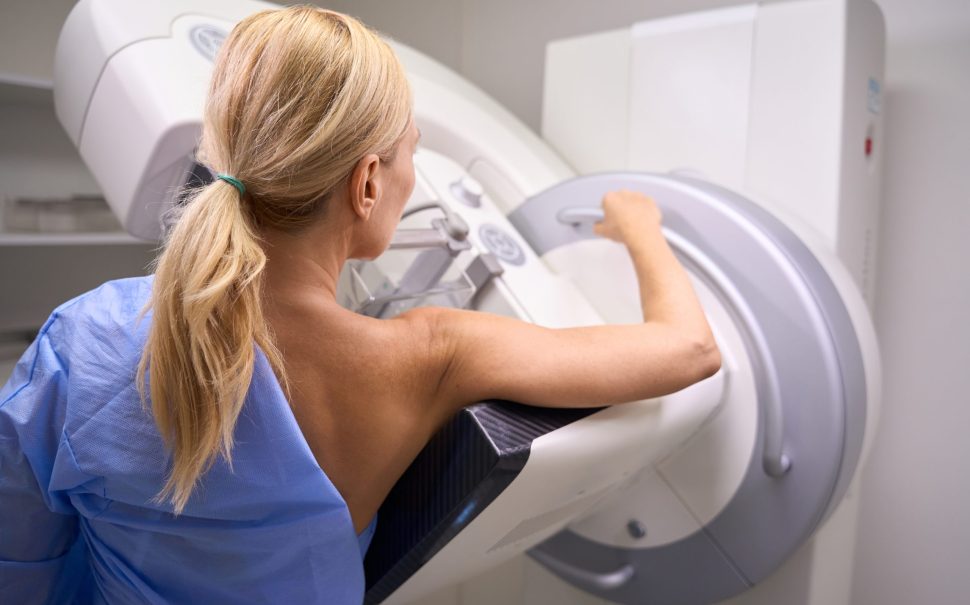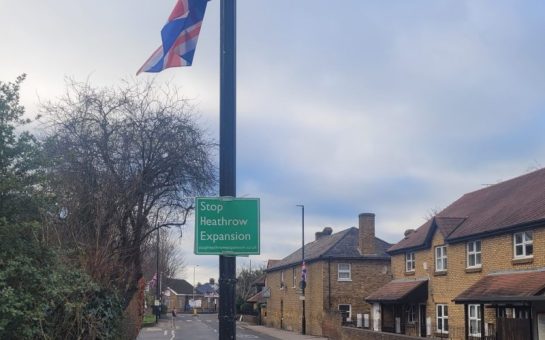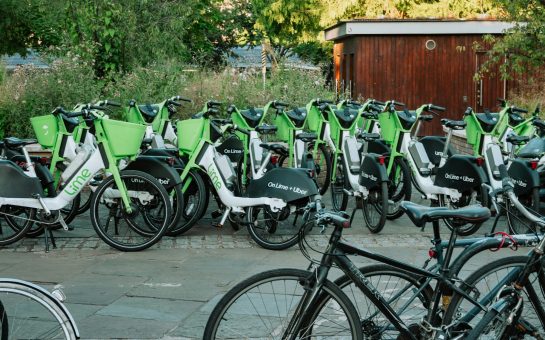Kensington & Chelsea had the lowest number of breast cancer screening appointments attended across all London boroughs for 2023-2024, NHS England data shows.
Less than half of all eligible people attended screenings in the borough, compared to Havering, which saw the highest percentage at more than three-quarters, according to NHS England.
As only 8,826 women were screened within the borough last year, Kensington & Chelsea remain well below the average for London, which was 17,536.
Despite screening appointments having increased in London by almost a quarter since 2014/15, London still had the lowest regional uptake for 2023-2024, at 62%, which is well below the West Midlands, which is the second lowest at 69%.
Uptake for screenings was highest in the South East, where 72% of women attended their appointments.
The NHS is urging women to attend their screening appointments, as early detection of the disease saves 1,300 women in the UK each year, according to NHS England data.
Women aged 50 to 70 are invited for routine screening appointments every three years, where two mammograms are taken of each breast.
Sarah Taylor was 57 years old when she was invited for a routine mammogram at the end of March 2023, where radiographers detected an abnormality.
After being invited for further tests and a biopsy at Frimley Park Hospital, Taylor was diagnosed with breast cancer.
Taylor, now 59, said: “If I hadn’t gone for my routine screening appointment my breast cancer wouldn’t have been picked up because it was very tiny.
“I was very lucky. If I hadn’t gone and if I’d left it a few years, who knows how large it would have gotten.”
Taylor’s operation to remove the cancer was performed in May 2023 and she later received five sessions of radiotherapy in August 2023.
As her cancer was detected early, she underwent far less surgery than what would be required at a more advanced stage.
In light of her own experience, Taylor emphasised the importance of women attending their invitations for screening.
She said: “It’s absolutely crucial that women attend their screening appointments because you just have no way of knowing.
“I would’ve never been able to feel my cancer – nobody would’ve. If it hadn’t been picked up through the mammogram, the cancerous cells would’ve kept growing.
“I then would have either had to have more invasive surgery or have my breast removed. It might’ve even spread.”
Despite there being a 14% increase since 2014/15, Kensington and Chelsea has remained the borough with the lowest uptake in screenings for over 10 years.
A recent NHS England report examined how the low screening rates within Kensington & Chelsea is partly attributable to population mobility, leading to GP list inflation and incorrect addresses on GP systems, which results in missed screening invitations.
The affluent nature of the borough also means that many residents use private healthcare for their screenings, rather than NHS services.
Conversely, Kensington & Chelsea has a diverse demographic, with many members of the community experiencing socioeconomic deprivation and subsequent health inequalities.
Many residents living in Kensington & Chelsea are also from ethnic minority backgrounds, who are less likely to attend breast cancer screening appointments, gov.uk data shows.
Nipunika Silva, the Health Promotion Manager for the West of London Breast Screening Service, explained how lower health literacy and cultural barriers often accumulate in a lack of awareness about the importance of screenings.
Silva said: “For many people living in these communities, health related topics often aren’t spoken about. My job is to normalise these discussions.
“I want to encourage women to speak about their health. I also want them to feel comfortable speaking with other women about their breast screening appointments.
“Many women don’t know what to expect during their screening appointment, which can create a lot of fear and concern around the whole process.
“As the Health Promotion Manager, I’m interested in undertaking community engagement work to help address these concerns.
“I reassure women that the process is quick and that only female staff will be there.”
In order to increase uptake, the West of London Breast Screening Service has collaborated with local organisations and public health teams to host workshops that deliver accurate information on breast screening.
Silva said: “Through engaging in community outreach, we hope to empower women to take care of their health.”
The Health Promotion Manager added that inner city boroughs historically have worse uptake than boroughs situated on the outskirts of London, such as Havering, Bromley, Bexley, Sutton and Kingston upon Thames.
The NHS England report described how paper-based postal communication can also prevent women from attending their appointments, an issue which the NHS are trying to resolve by moving primarily to digital communications.
A spokesperson for NHS England said: “In London, NHS England is transforming breast screening services through a new digital approach. Appointment information will be delivered directly via the NHS App and text message, making it easier for women to receive reminders and attend potentially life-saving screenings.
“Feedback from early pilot sites has been positive, with Londoners praising how seamlessly the service fits into their daily lives. The digital-first system also helps to reduce anxiety around missed appointments, while ensuring that women who prefer or require paper communications continue to receive them.”
Feature image: iStock





